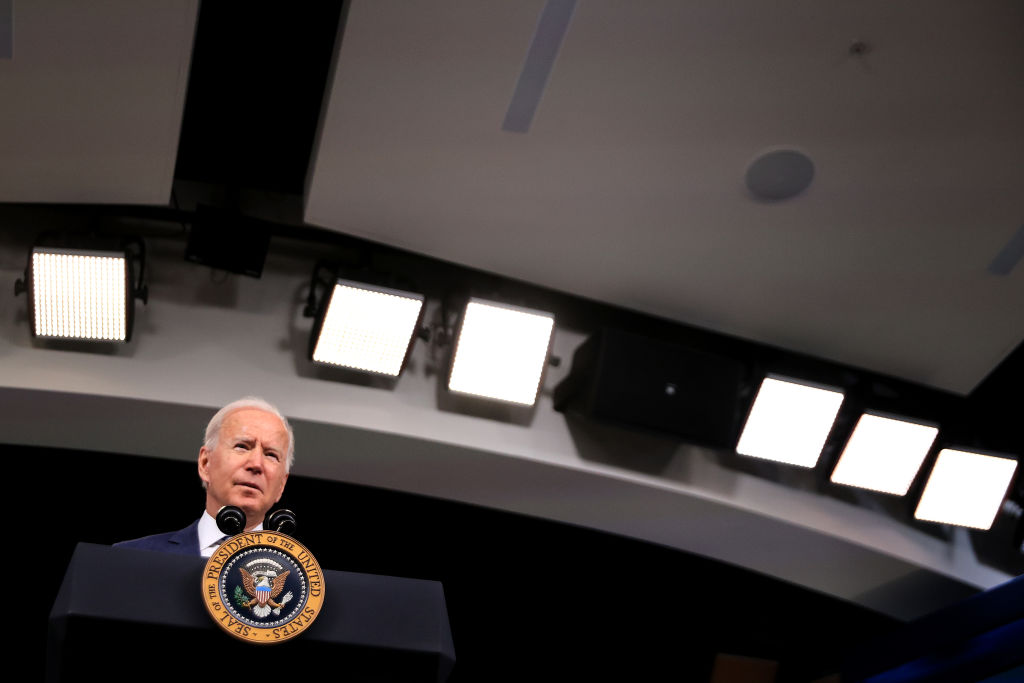The Bureau of Labor Statistics issued its August jobs report this morning and the numbers are pretty dismal. While the unemployment rate dropped 0.2 percent to 5.2 percent, the number of new jobs created was only 235,000, far below expectations of about 700,000. In June the number was 962,000 and in July a whopping 1.1 million. And the unemployment was not spread evenly across the population. Unemployment went down for adult men and whites, but black unemployment went up significantly, from 8.2 percent in July to 8.8 percent in August.
The surge in the Delta variant of the coronavirus is widely thought responsible. Jobs in the leisure and hospitality sector (restaurants, bars, and hotels) have been rising at a rate of about 350,000 a month for the last several months, usually leading the increase in employment among the various sectors as the pandemic wanes. But in August it was flat, due to a decrease in restaurant dining as people avoided contact with strangers.
Although a considerable majority of the American population is now either fully vaccinated or has acquired immunity to COVID through contracting the disease itself, the administration and the mainstream media have been hyping the supposed dangers. And liberal state and city governments have been imposing new restrictions on activities that bring people into close contact with strangers. New York City now requires people to prove they have been vaccinated before entering a restaurant.
Strangely, the number of unfilled jobs has been steadily rising, as have wages. Online job postings were up 13 percent in August, while ‘now hiring’ and ‘help wanted’ signs are seen throughout the country. One reason for that was thought to be the $300 federal weekly supplement to state unemployment benefits that expires this week. Because of it, many people have been taking home more money from being unemployed than they could have made by working.
But it seems that states that ended the federal unemployment benefit early did not show an uptick in employment compared to states that continued the benefit. It will be interesting to see the September unemployment figures, which will be uninfluenced by the supplement nationwide
One month does not a trend make. Last May produced far fewer jobs than expected, but the numbers came back strongly in June and July.
As COVID wanes, there will be other pressures on the economy. Inflation has been rising the fastest in 13 years. The Federal Reserve is still pumping money into the economy, although it predicts that any inflation caused thereby will be temporary. But if the $3.5 trillion ‘social infrastructure’ bill is passed, it will be highly stimulating and likely cause many to have inflationary expectations. In that case, inflation will become a self-fulfilling phenomenon and could be very hard to reverse. The great inflation of the 1970s was ended only by a severe recession that sent the unemployment up to 10.2 percent.
The global chip shortage is also having an adverse impact on the economy. General Motors announced today that it will be halting production temporarily because of it. But that, at least, is something the Biden administration is neither responsible for nor able to correct.


















